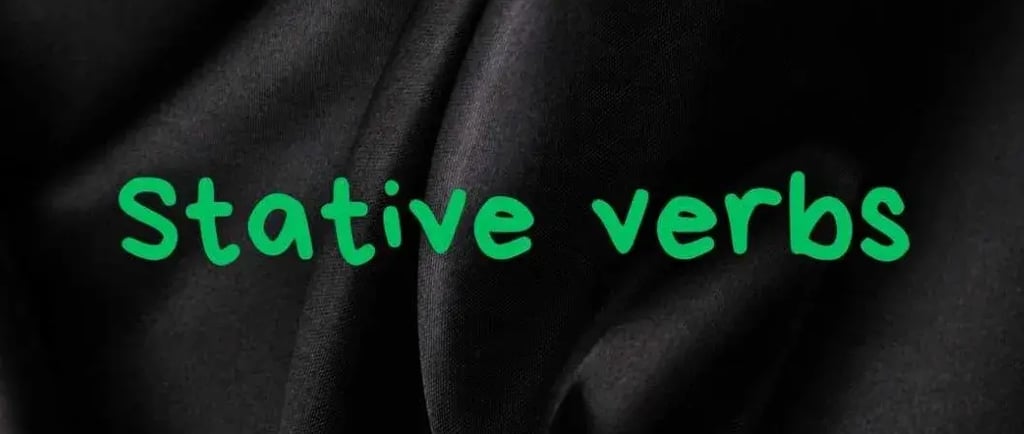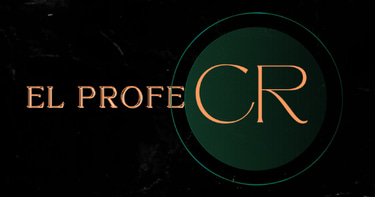
Stative verbs
B1-B2 GRAMMAR
2 min read


Do you know how to use stative verbs like think, love, smell and have?
Look at these examples to see how stative verbs are used.
I think that's a good idea.
I love this song!
That coffee smells good.
Do you have a pen?
Explanation
A stative verb is a type of verb that describes a state of being or perception. Stative verbs can refer to mental (e.g., “believe”) or emotional states (e.g., “dislike”), as well as physical states or qualities (e.g., “contain”).
Stative verbs describe a state rather than an action. They aren't usually used in the present continuous form.
I don't know the answer.
I'm not knowing the answer.She really likes you.
She's really liking you.He seems happy at the moment.
He's seeming happy at the moment.
Stative verbs often relate to:
thoughts and opinions: agree, believe, doubt, guess, imagine, know, mean, recognise, remember, suspect, think, understand
feelings and emotions: dislike, hate, like, love, prefer, want, wish
senses and perceptions: appear, be, feel, hear, look, see, seem, smell, taste
possession and measurement: belong, have, measure, own, possess, weigh.
Verbs that are sometimes stative
A number of verbs can refer to states or actions, depending on the context.
I think it's a good idea.
Wait a moment! I'm thinking.
The first sentence expresses an opinion. It is a mental state, so we use present simple. In the second example the speaker is actively processing thoughts about something. It is an action in progress, so we use present continuous.
Some other examples are:
have
I have an old car. (state – possession)
I'm having a quick break. (action – having a break is an activity)
see
Do you see any problems with that? (state – opinion)
We're seeing Tadanari tomorrow afternoon. (action – we're meeting him)
be
He's so interesting! (state – his permanent quality)
He's being very unhelpful. (action – he is temporarily behaving this way)
taste
This coffee tastes delicious. (state – our perception of the coffee)
Look! The chef is tasting the soup. (action – tasting the soup is an activity)
Other verbs like this include: agree, appear, doubt, feel, guess, hear, imagine, look, measure, remember, smell, weigh, wish.
Sobre nosotros
El Profe CR busca ayudar a aquellas personas que deseen desarrollar las habilidades que hoy en día las empresas requieren de cada candidato(a) con y sin experiencia laboral.
©2025 Todos los derechos reservados.
